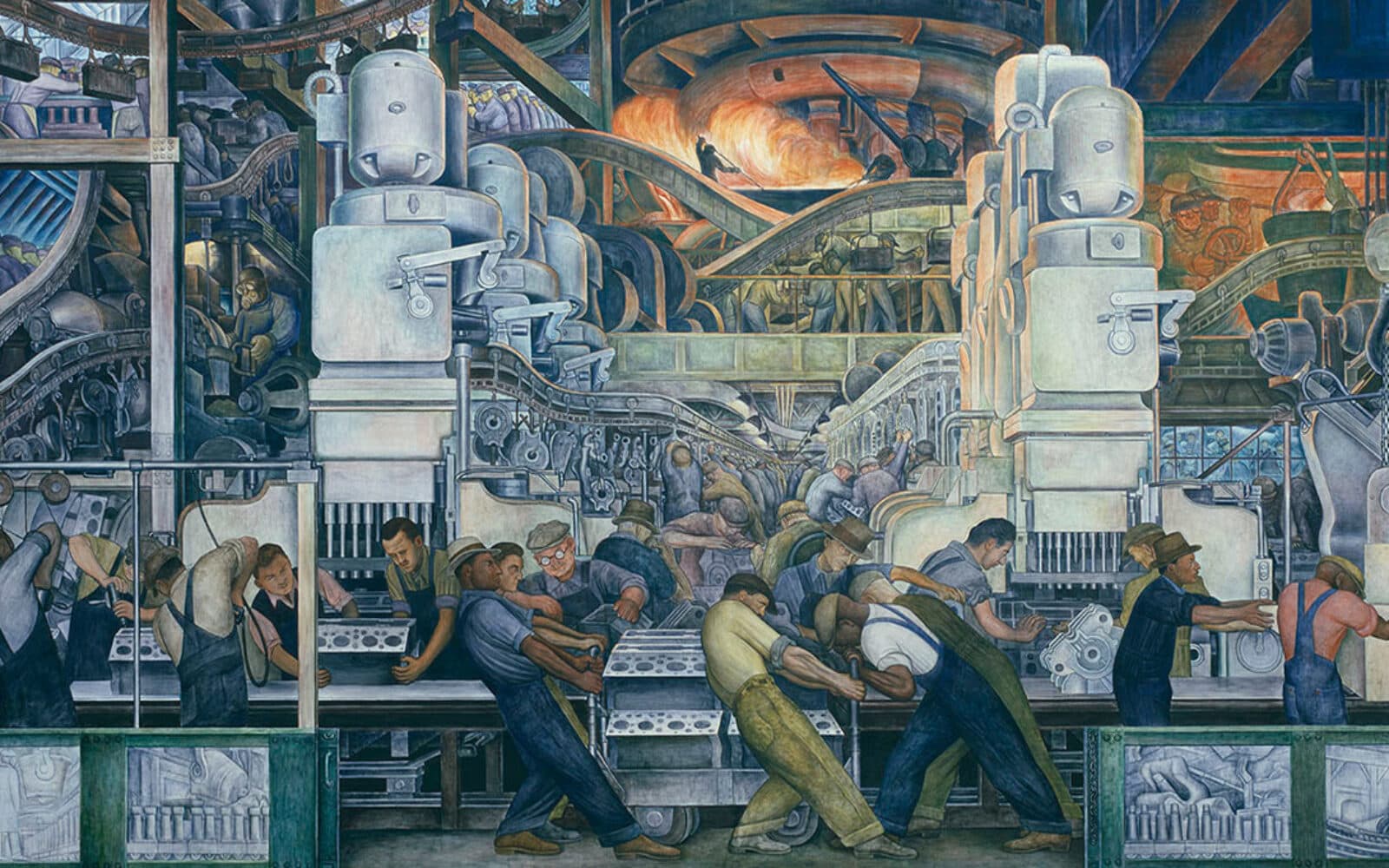Scaling STEM-in-Society Training

As scientific discovery accelerates, research and innovation that considers social, cultural and ethical contexts is increasingly important. This is resulting in young scientists looking for programs that allow them to learn these perspectives, and requiring universities and other educational institutions to think differently about how they train their students. It is important for budding scientists and engineers to understand the social, ethical, and equity dimensions of their work, while students in other fields focus on developing the skills to become responsible technoscientific citizens, knowing when and how to assess emerging science and technology to maximize societal benefits while minimizing risks.
As part of its Science and Society program efforts, The Kavli Foundation is supporting the University of Michigan’s Science, Technology, and Public Policy Program to do a landscape assessment and comparative case study analysis to better understand who already provides this kind of training, how it is structured, what kinds of gaps and opportunities there might be, and how impactful approaches might be scaled. The Science, Technology and Public Policy Program has been training students and postdoctoral fellows in these ways through both formal coursework and applied research. The centerpiece of their work is a certificate program which trains graduate students across the university how to develop and govern science and technology for the public good.
“We are eager to expand our audience, while also providing insight to those starting or growing new programs, so that more scientists and engineers will understand their roles and responsibilities in a complex world,” stated Shobita Parthasarathy, professor of public policy and director of the Science, Technology, and Public Policy program. Only a few programs currently provide in-depth training on ethics in research and innovation, and very few scientists train at universities where this kind of material is available to them. “We believe that we have developed a successful training model, but we want to better understand the overall landscape and learn from other similar programs, with the goal of building a scalable approach to STEM-in-Society education,” she added.
With this research, the hope and intent are that existing and new programs can build on the best practices and thinking, leading to many more scientists and engineers who think critically about the social implications of their work, and who conduct better, more just and ethical research. This effort, along with others in our Science and Society program, focus on ensuring the people, processes and products of basic science contribute meaningfully to society and align with our founder’s vision to advance science for the benefit of humanity.